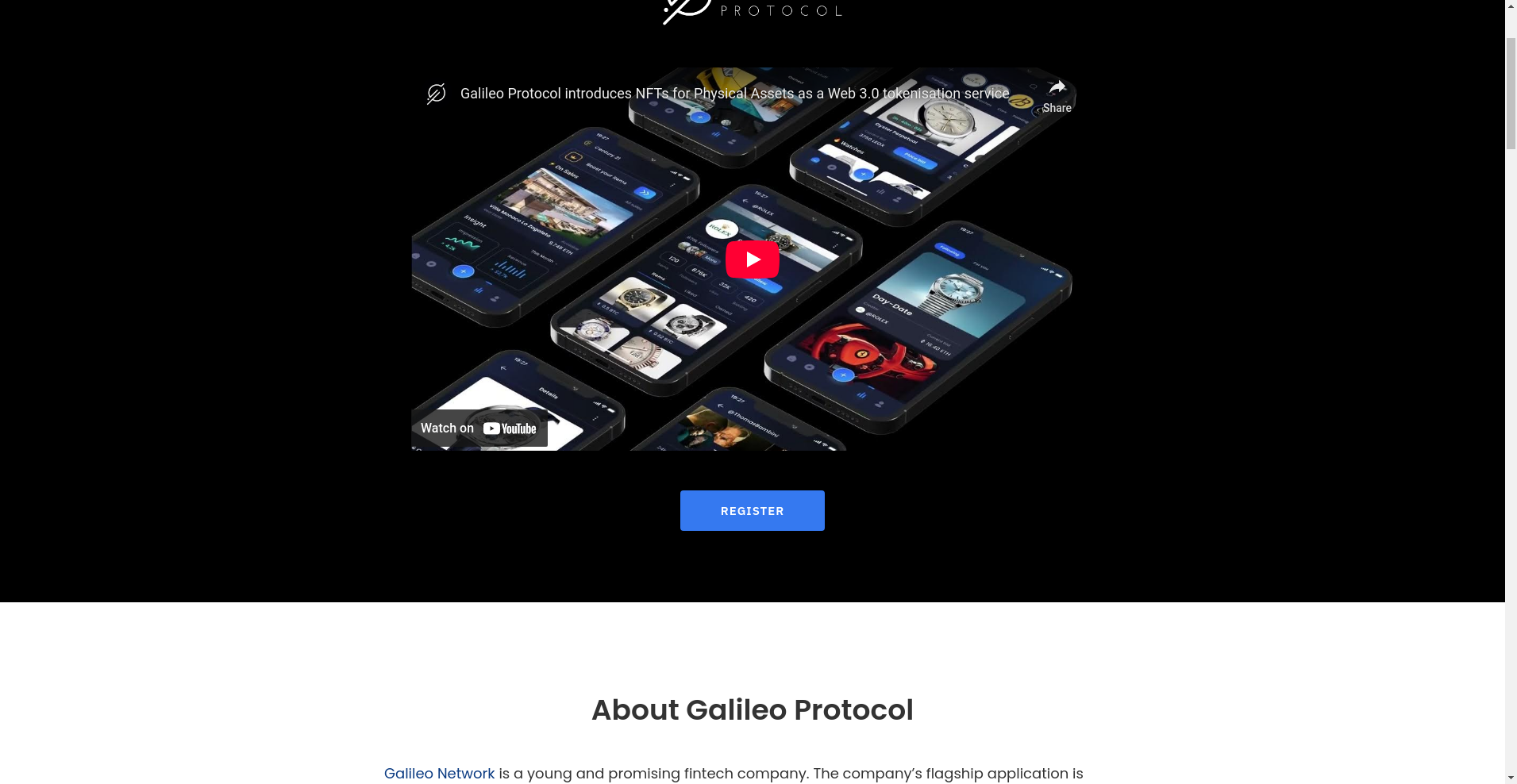LCX ($LCX) Review: A Data-Driven Legitimacy and Risk Assessment

What Is LCX: An Introduction
LCX (Liechtenstein Cryptoassets Exchange), represented by its ticker $LCX, is positioned as a highly regulated, European-based platform aiming to bridge traditional finance and blockchain technology. The project emphasizes regulatory compliance, security, and innovation in the digital asset space. As a comprehensive ecosystem, LCX offers exchange services, tokenization solutions, NFTs, DeFi products, and a token sale management platform, all under a regulated framework.
This review provides an impartial, evidence-based assessment of LCX’s legitimacy, security posture, and associated risks, based on available audit reports, official documentation, and market activity. The goal is to facilitate informed decision-making without speculation or hype.
Team and Roadmap Evaluation
LCX was founded in 2018 in Liechtenstein and operates under the jurisdiction of the Financial Market Authority (FMA). The team’s background includes professionals in finance, compliance, and blockchain technology, with publicly accessible profiles and firm registration details. Their focus on regulatory adherence and investor protection suggests a serious approach, aligning with their claim of operating as a trusted, licensed entity.
Their roadmap underscores several milestones, including achieving regulatory licenses, expanding product offerings, and pioneering real-world asset tokenization. Key milestones include:
- 2018: Company establishment and initial platform launch.
- 2020: Securing regulatory approval for their exchange and tokenization services.
- 2021-2023: Launching NFTs (Tiamonds), DeFi products (MasterDEX), and advanced security features.
While past milestones indicate active development, predictability hinges on the company’s ability to meet these deadlines—security and confidence depend on consistent delivery and transparent reporting.
Assessing the Security and Integrity of LCX
This section relies primarily on the Cer.live audit report, which provides a snapshot of LCX’s smart contract security posture. The audit indicates that LCX’s platform and tokens have been subjected to a third-party security review, adding credibility to their security claims.
Key findings from the Cer.live audit include:
- Audit Relevance: The audit pertains directly to the LCX token and the platform’s core smart contracts.
- Score & Rating: The platform received a moderate rating of 5.1/10, suggesting some vulnerabilities but no critical security breaches.
- Incidents & Bugs: There have been incidents, but no ongoing bug bounty programs or major exploitation threats, implying a relatively mature security posture.
- Vulnerabilities: The audit identified potential security tripwires, such as areas susceptible to reentrancy or permission issues, though specifics are not publicly detailed.
- Insurance & Incident Response: The platform does not carry insurance coverage, escalating the importance of internal security and backup procedures.
While a single audit report cannot capture all attack surfaces—particularly on centralized components—its findings underscore a need for ongoing security vigilance. The absence of ongoing bug bounty programs and insurance coverage heighten potential vulnerabilities that attackers could exploit if unmitigated.
In sum, LCX demonstrates a recognition of security challenges, but the moderate audit score suggests risks remain—particularly on complex DeFi platforms and token management systems.
A Breakdown of LCX Tokenomics
Thematic tokenomics underpin each of LCX’s offerings—its native governance or utility token aligns with their compliance-driven platform. The Cer.live audit reports a total supply of 950 million LCX tokens, with around 940 million circulating, representing high liquidity relative to supply.
Key tokenomics features include:
- Total Supply: 950,000,000 LCX tokens, with a circulating supply of approximately 940 million.
- Market Cap: About $142 million USD, with recent declines (~-5.68%).
- Price: Approximately $0.151 per token, with daily volume about $758,774, indicating active trading but potential liquidity concerns for large transactions.
- Utility & Use Cases: Governance, transaction fees discounts, staking rewards, and ecosystem incentives.
- Distribution & Vesting: The audit does not specify detailed vesting schedules, but the token distribution is presumed to be predominantly held by the founding team, early investors, and reserves.
- Economic Model Risks: High supply with significant dilution unless active utility or demand drives price. Dependence on platform adoption is key for token value sustainability.
While the fixed supply is typical, the absence of detailed vesting schedules for founders or VCs raises concerns about inflation attacks or sudden sell-offs, especially if the project’s market confidence wanes. The utility-based model requires sustained platform activity to support token stability. For a deeper understanding of how to leverage these benefits, explore how to stake LCX tokens and gain fee discounts.
Assessing LCX's Development and Ecosystem Activity
Market activity indicates consistent development progress, with notable product launches: NFTs (Tiamonds), DeFi (MasterDEX), tokenized bonds (EURt7, BTCt7, ETHt7), and the LCX Earn platform. The project maintains active communication through official channels, releasing updates, educational content, and community campaigns.
However, market data suggests some volatility—market cap declined recently, and trading volume fluctuates with broader market conditions. These are typical signs of price correction rather than fundamental issues.
Real-world engagement is evidenced by partnerships with regulators, alliances with blockchain entities, and participation in industry events. Nonetheless, the true measure of long-term sustainability depends on platform adoption, user retention, and continued regulatory compliance.
Reviewing the Terms and Conditions
According to LCX’s documentation, the legal framework aligns with Liechtenstein’s Blockchain Laws and the Trustworthy Technologies Act. The platform emphasizes transparency and compliance, with all relevant legal documents publicly available, including prospectuses, registration forms, and final terms.
Potential concerns include:
- Jurisdictional Restrictions: Certain U.S. persons and residents of restricted countries are explicitly barred from participation, limiting global access.
- Risk Warnings: The platform explicitly states the risks involved in digital asset trading, which, while responsible, could be seen as a liability if adverse events occur.
- Insurance Gap: The absence of insurance coverage on smart contracts and user holdings increases counterparty and platform risks.
Overall, terms appear standard for regulated platforms, with no apparent unusual clauses or risky disclosures beyond standard risk warnings.
Final Analysis: The Investment Case for LCX
LCX presents itself as a well-regulated, transparent, and innovative platform with broad product offerings—ranging from exchange to RWA tokenization and NFTs. Its European headquarters and FMA licensing lend a solid veneer of legitimacy, minimizing the risks typical of unregulated projects.
However, the security audit’s moderate score highlights that vulnerabilities and attack surfaces remain, especially in complex smart contract environments. The absence of insurance coverage heightens alertness to potential losses or exploits.
Tokenomics support liquidity but also pose inflation risks if demand does not match supply growth. Market volatility and project execution delays could negatively impact investor holdings.
- Pros / Strengths:
- Robust regulatory compliance via FMA approval.
- Comprehensive ecosystem including exchange, NFTs, DeFi, and real-world assets.
- Active development with strategic product launches.
- Strong focus on transparency and legal clarity.
- Cons / Risks:
- Moderate security audit score indicates vulnerabilities.
- No insurance coverage exposes assets to systemic risks.
- Pending product delivery milestones could face delays.
- High token supply may lead to dilution unless demand increases.
- Regulatory restrictions limit global reach.
In conclusion, LCX’s platform demonstrates legitimacy backed by regulation and transparent practices, but inherent security vulnerabilities and market risks suggest cautious engagement. It may suit investors seeking exposure to a regulated, diversified platform with strong compliance but require vigilance against technical and market hazards.

Amanda Harris
Technical Security Educator
Security professional passionate about the "human firewall." I translate complex crypto threats into simple, actionable security habits for everyday users.
Similar Projects
-
My Bro
My Bro Review: Crypto Project Scam Checker & Risk Analysis | Is $BRO Legit?
-
DogeClone
Comprehensive Crypto Project Review & Scam Checker: Is DogeClone a Safe Investment?
-
Kima Network
Kima Network Review: Is This Crypto Project a Scam? Crypto Scam Checker & Analysis
-
V8COIN
V8COIN Review: Is This Crypto Project a Scam or Legit? Crypto Scam Checker & Review
-
Coif Capital
In-Depth Review of Coif Capital Crypto Project | Scam or Legit? | Crypto Scam Checker